Yes, it is possible to live off the grid. Off-grid living involves relying on alternative energy sources and sustainable living practices to become self-sufficient and independent from public utility services.
Off-gridders aim to reduce their carbon footprint and live a simpler, more self-reliant lifestyle. While it may seem challenging, living off the grid is becoming increasingly popular as people seek to minimize their impact on the environment and reduce their reliance on traditional energy sources.
Living off the grid may sound like a daunting prospect, but it is an increasingly appealing choice for those looking to live more sustainably.
This lifestyle involves completely disconnecting from mainstream public utilities such as electricity, gas, and water supplies.
Instead, off-gridders create their own energy, collect and purify their water, and grow their own food. This way of life poses unique challenges, such as severe weather and lack of access to modern amenities, but it can ultimately lead to a more fulfilled and self-sufficient existence.

Credit: www.amazon.com
What Does It Mean To Live Off The Grid?
Living off the grid has become a popular topic in recent years, with many people wondering if it’s a possibility for them. Simply put, living off the grid means living independently, without being connected to any utilities or services provided by the government.
In this way, people can be self-sufficient and independent. We’ll explore what living off the grid means, what it entails, and some examples of living off the grid.
Definition Of Living Off The Grid
Living off the grid refers to a self-sufficient lifestyle. To live off the grid, you must rely on your own resources to survive. This means that you aren’t connected to any utility companies such as water, electricity, and gas. The term “grid” refers to the power grid, which supplies power to cities and towns.
What Living Off The Grid Entails
Living off the grid entails ensuring your own survival by generating your own power and producing your food. In addition, your lifestyle may involve:
- Living in a remote location, away from town, city or suburban areas.
- Investing in equipment for generating your power. This can include solar panels, wind turbines, and generators.
- Collecting your water from natural sources such as rivers, lakes or underground springs.
- Building your house with natural materials like wood, earth, or straw.
- Creating a garden or a farmstead to produce your food.
- Being able to repair and maintain your equipment as needed.
Examples Of Living Off The Grid
Living off the grid takes many forms. Here are some examples:
- Homesteading: A modern homestead is a small farm or an estate where people choose to live self-sufficiently.
- Tiny house living: Building a small house that is self-sufficient and off the grid has become a popular option.
- Rv life: Some people choose to live in an rv that is equipped with solar panels, rainwater harvesting systems, and a composting toilet.
- Wilderness living: Living in remote locations like the alaskan wilderness or the black hills of south dakota is an example of living off the grid.
Living off the grid has its challenges, but it provides many advantages. It requires a significant amount of planning, but in the end, it offers complete independence to people. By living off the grid, you can learn to become self-sufficient and live more sustainably.
Pros And Cons Of Living Off The Grid
Living off the grid seems like an impossible dream to some people, and an ideal existence for others. While it’s true that it’s possible to live off the grid, the concept of self-sufficient living demands significant adjustments, and it’s not for everyone.
Advantages Of Living Off The Grid
Living off the grid has numerous advantages, including:
- Complete freedom, independence and self-sufficiency
- Reduction in monthly bills or removal of bills altogether
- Reduction in carbon footprint and a contribution to environmental protection
- Learning survival skills and boosted creativity
Disadvantages Of Living Off The Grid
Some disadvantages of living off the grid are:
- High initial costs of building an off-grid home and obtaining necessary equipment, such as solar panels and batteries for energy storage
- Requirement of consistent and intense labor for farming, gardening, and maintenance
- Unpredictable weather, land zoning laws, and maintenance costs cause unpredictability with this lifestyle
- Limited appliances and gadgets may hinder comfort and luxury
Will it be possible for you to live off the grid? The answer is yes, but it requires a considerable willingness and readiness regarding the adverse impact it may have on your lifestyle. If you’re ready to make significant adjustments and adapt to sustainable living, it’s worth a try!
Factors To Consider Before Deciding To Live Off The Grid
Living off the grid is not for everyone, but it can be an enticing and rewarding alternative for those who seek self-sufficiency and independence. Before deciding to embrace this lifestyle, there are several factors to consider. In this section, we will explore four critical factors to reflect on before making the decision to live off the grid.
Financial Readiness
Living off the grid requires an upfront investment which can be a significant financial burden for some. Here are some points to consider:
- Evaluate the costs of solar panels, generators, batteries, and other off-grid essentials.
- Calculate the monthly bills (food, water, heating, etc.) And see if you can afford them.
- Consider the cost of maintenance and repairs, as off-grid equipment and appliances can be more expensive.
Skills Required For Self-Sufficiency
Living off the grid requires specific skills and abilities that are essential for your survival. Here are some of the most important ones:
- Knowledge of gardening techniques.
- Understanding of electrical, plumbing, and heating systems.
- Ability to repair and maintain vehicles, machines, and tools.
- Basic medical knowledge to treat injuries and illnesses.
Physical And Emotional Readiness
Living off the grid is a lifestyle that can be challenging, both physically and mentally. Here are some things to consider:
- Evaluate your physical ability to carry out basic tasks like chopping wood, fetching water, and gardening.
- Reflect on your emotional readiness to adapt to a different lifestyle, away from the pressures of modern society.
- Consider the impact of isolation and loneliness on your mental health.
Legal Considerations
Living off the grid raises legal considerations that need to be taken into account. Here are some of the legal factors to consider:
- Building codes and regulations. You may need a permit for building an off-grid home or for installing utilities.
- Zoning laws. Certain areas might have restrictions on off-grid living.
- Property ownership. If you choose to live off the grid, make sure you can legally own the plot of land.
These are some of the factors you should consider before deciding to live off the grid. Remember, living off the grid is a lifestyle choice that requires dedication, resilience, and a willingness to learn new skills. Happy homesteading!
Living Off The Grid: Myths And Reality
Living off the grid has become a buzz phrase in recent years, with more people seeking to reduce their carbon footprint and embrace an eco-friendly lifestyle. Living off the grid means living independently, without relying on public utilities such as water, gas, and electricity.
While some think living off the grid sounds like a rough-and-tumble lifestyle, others believe it’s a life of total freedom. But what’s the reality? Let’s explore the myths and reality of living off the grid.
Myths Surrounding Living Off The Grid:
- Living off the grid means no modern amenities: One of the biggest myths is that when you live off the grid, you have to forego all modern amenities and live a primitive life. However, this is not true. You can enjoy all the amenities that modern technology has to offer by using renewable energy sources like solar panels, biogas, and wind turbines.
- Living off the grid is a quick fix to all your financial woes: Many people believe that living off the grid is a quick fix to their financial problems but this is not true. You’ll need a significant investment to set up systems that can supply your needs for water, food, and energy.
Reality Of Living Off The Grid:
- You need to have some level of skill: While anybody can live off the grid, it requires a fair degree of skill, including gardening, building, and maintenance. You’ll need to be comfortable with repairing and maintaining your systems and be able to grow your food to sustain yourself.
- You can still live a comfortable life: Living off the grid doesn’t mean sacrificing comfort. You can still enjoy modern amenities and a comfortable lifestyle. By using renewable energy sources, you can be more self-sufficient and avoid relying on public utilities.
- It’s all about self-sufficiency and sustainability: The reality of living off the grid is that it’s all about self-sufficiency and sustainability. You need to be able to take care of yourself and your needs, without relying on anyone else. It’s about making a conscious decision to live a sustainable and eco-friendly lifestyle.
It’s clear that while there are many myths surrounding living off the grid, the reality is quite different. Living off the grid can be both challenging and rewarding, and it requires a certain set of skills and dedication to achieve success.
However, with careful planning and the right knowledge and skills, living off the grid can be a sustainable and fulfilling lifestyle choice, even in today’s modern world.
Frequently Asked Questions Of Is It Possible To Live Off The Grid?
Can You Live Off The Grid Legally?
Yes, living off the grid is legal in most areas, but you’ll require permits and some land agreements. Check with your local laws and regulations.
Is It Easy To Live Off The Grid?
Living off the grid is a challenging lifestyle, and it requires significant preparation and investment. But, it’s also a rewarding and fulfilling lifestyle choice.
What Are The Benefits Of Living Off The Grid?
Living off the grid offers energy independence, lower environmental impact, and a simpler lifestyle. You can also save money in the long run.
How Do You Generate Electricity Off The Grid?
You can generate electricity off the grid using a combination of solar, wind, hydro, or geothermal power. Living off the grid often requires a combination of these sources.
How Do You Get Water Off The Grid?
You can get water off the grid by collecting rainwater, drilling a well, or using a spring or surface water. You’ll need to filter and purify the water before use.
Do You Need A Lot Of Land To Live Off The Grid?
You don’t need a massive piece of land to live off the grid, but it’s essential to have enough space for your home, garden, and energy sources. The average homestead size is 1-5 acres.
Conclusion
Living off the grid is becoming an attractive option for many people seeking a simpler and more sustainable lifestyle. The benefits of being self-sufficient and reducing one’s environmental impact are undeniable. It requires determination and commitment, but the rewards are worth it.
By generating your own electricity, growing your own food, and utilizing alternative methods of heating and cooling, you are not only saving money but also helping to save the planet. With advancements in solar technology and other renewable energy sources, living off the grid is more achievable than ever before.
While it may not be feasible for everyone, it’s worth considering as a viable lifestyle choice. It’s possible to live comfortably and happily off the grid while embracing a simpler way of life. So, if you’re considering making the switch, take the leap, and experience the freedom of living off the grid.

“My name is Leo Jacob, and I hold a Bachelor of Science degree with Honors in Applied Environmental Science and Sustainability from the University of the West of Scotland. Since childhood, I’ve been passionate about living an eco-friendly life. After completing my studies, I dedicated myself to finding simple ways to lead a more environmentally conscious lifestyle. I launched ecolifely.com to share my educational background and practical experiences with everyone, hoping to inspire others to join me in creating a greener, more sustainable world.”

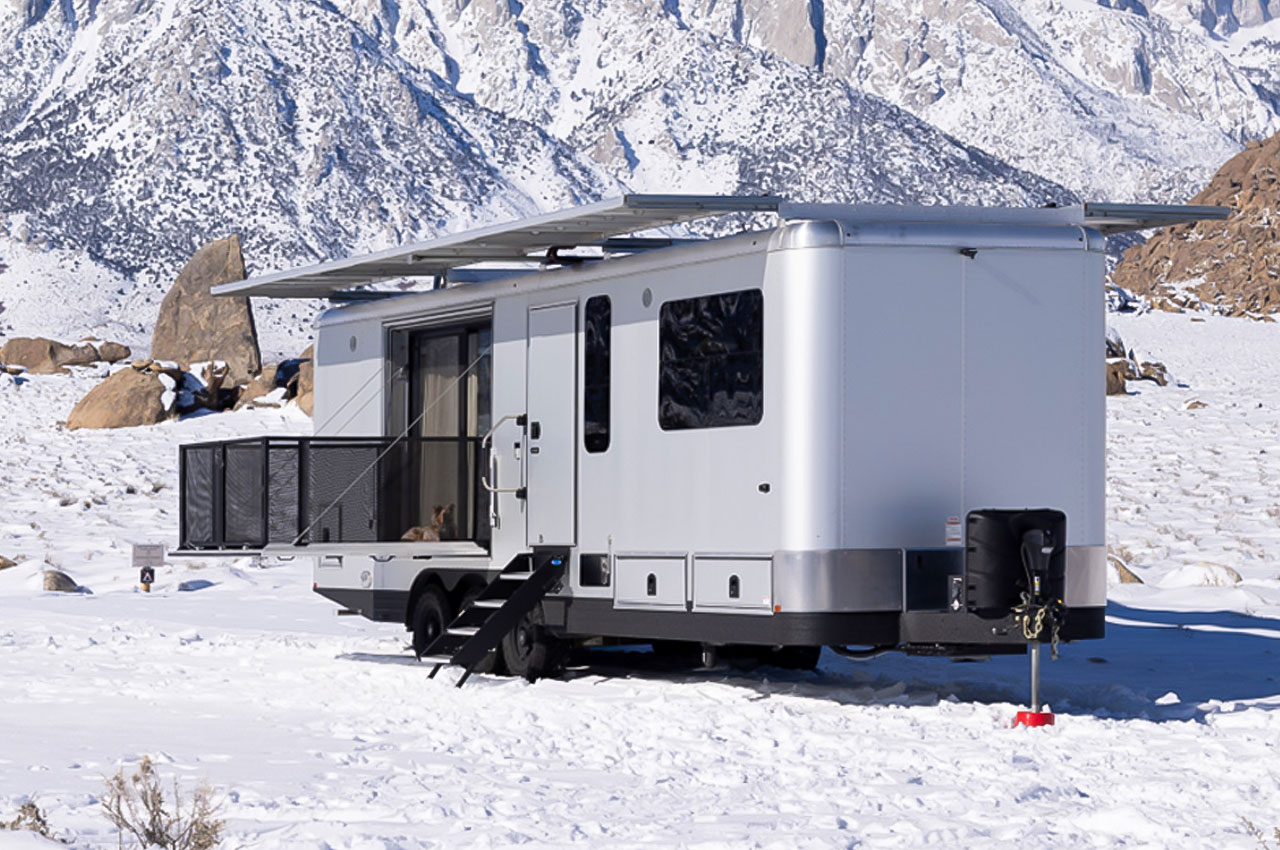

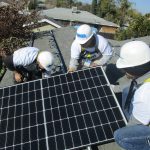

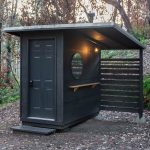
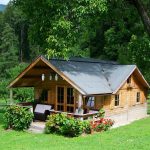



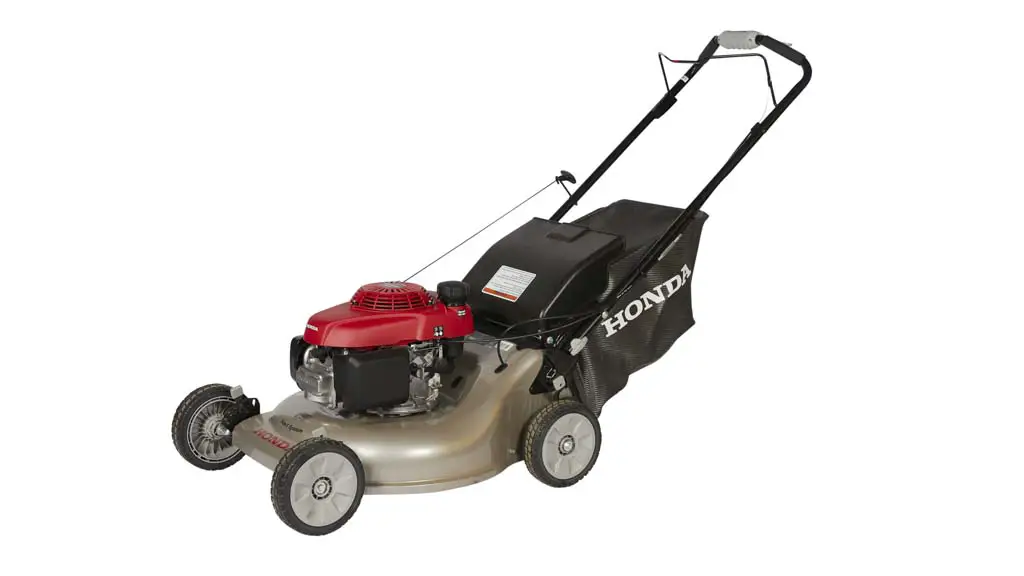


Leave a Reply